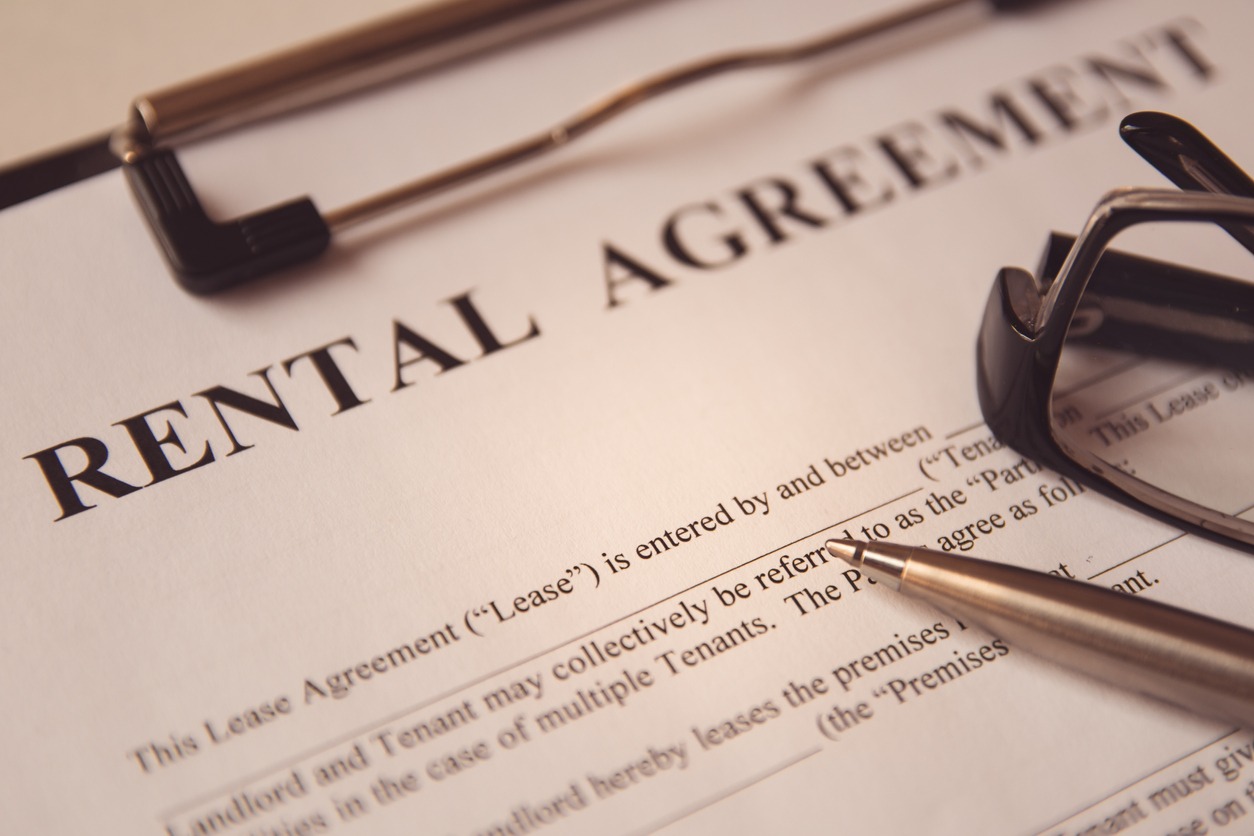If you’re new to renting, or if you’ve recently moved into a new place, there are some things you should know about your rights as a tenant. You don’t want to be taken advantage of by your landlord, and you also don’t want to face any legal consequences that could arise from making decisions about your apartment or home without the appropriate knowledge. To keep yourself out of trouble, here’s your complete guide to understanding your rights as a tenant when it comes to residential property management.
Right to Live in a Habitable House
Most cities hold tenants to a standard of habitability: for your apartment to be habitable, it needs to meet certain safety, security and cleanliness standards. For example, the floors must be structurally sound, and there must be adequate heat and hot water. If you live in a city with a written lease, your landlord will typically have the right to evict you if you don’t follow these standards.
Right to Maintenance
As a tenant, you have the right to expect your landlord to make all necessary repairs for you to continue living comfortably in your home. Some landlords will try to get out of this responsibility by offering tenants a rent discount that covers major maintenance problems, such as broken appliances or plumbing issues.
It’s known as a “repair and deducts” arrangement, which is usually legal, provided a written agreement is signed before the tenant moves in. However, suppose a landlord advertises the property as rent-stabilized. That means your rent is set at a certain amount regardless of the quality of the apartment. In that case, deducting major repairs is not allowed.
Right to Privacy
Landlords should give tenants the right to privacy. If there is a problem in your apartment, it’s obvious that you shouldn’t have to worry about whether or not you can talk to your landlord about it. No landlord should be allowed to lock himself in your apartment and inspect it or stand on your doorstep and watch for any changes. The situation has to be reversed: if you are in an uncomfortable state of affairs, you should have the right to speak with your landlord about it as soon as possible.
Right to Safety
The lease agreement should be able to protect tenants from dangerous living conditions. It can include the right to a safe and clean laundry room or a safe and stable staircase. However, the situation is different if you live with elderly parents or are disabled and immobile. In these situations, it may be necessary for your landlord to work out an independent arrangement with an appropriate professional who will be available 24 hours a day so they can agree on suitable safety measures as part of your lease.
Right to Get Your Deposit Back
When you move out of an apartment, the landlord should be required to return your deposit within a reasonable amount of time. The amount depends on your particular lease situation, but it is usually two to four weeks. In some cities, landlords are also required to pay interest on the money at a rate set by law.
Right to Know Cause of Eviction
Before eviction occurs, a landlord must inform a tenant of the reason. This way, you have time to fix the problem or take legal action if necessary.
A reasonable amount of time is given during the eviction process. However, it can vary from one city to another, but, in most circumstances, it takes a few weeks or months if you wait until the landlord starts court proceedings against you.
Right To End Your Lease Agreement
Most rental agreements will allow tenants to move out at the end of their lease term. They also have a clause stipulating that your landlord can’t keep your security deposit if you do this. However, this is not an excuse for breaking the law: if you have signed a year-long lease, then even if you are unhappy with the apartment and want to move out, you must wait for that year to pass before asking for your money back.
These are the most important things you should consider when renting an apartment or home. These rights and considerations may vary slightly from state to state, but if you follow them, you can live a happier landlord and tenant relationship.

